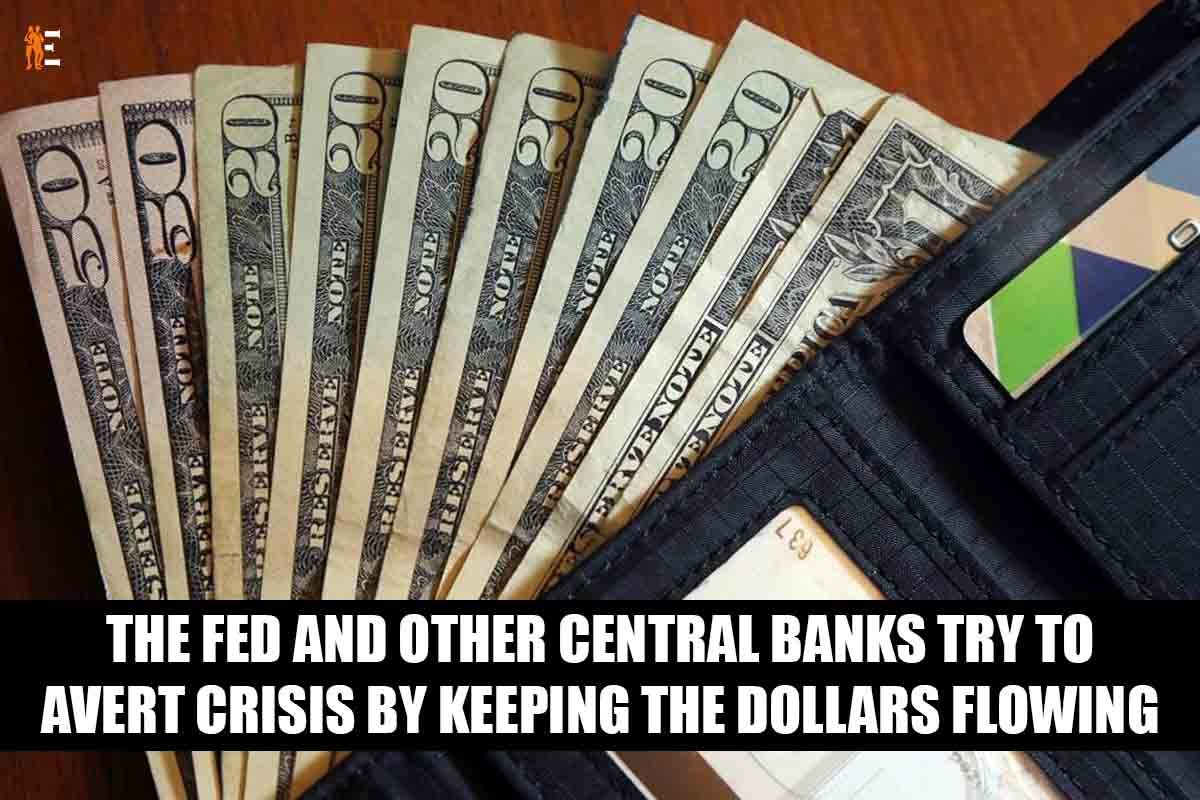In an effort to prevent a global liquidity Avert Crisis, the Federal Reserve and other central banks are stepping in to keep the dollar flowing. The move comes as markets around the world continue to reel from the economic impact of the coronavirus pandemic.
The Fed has taken several steps in recent weeks to provide liquidity to financial markets. In addition to cutting interest rates to zero, the central bank has announced plans to purchase unlimited amounts of government bonds and mortgage-backed securities. It has also created several lending facilities to support the flow of credit to households and businesses.
The Fed’s efforts have been mirrored by other central banks around the world. The European Central Bank (ECB), for example, has launched a new program to buy up to €750 billion in bonds. The Bank of Japan has also pledged to increase its asset purchases, while the Bank of England has cut interest rates to 0.1% and launched a new program to purchase £200 billion in bonds.
How The Fed Is Trying To Prevent A Financial Crisis
What is the purpose behind this liquidity?
These coordinated efforts are aimed at preventing a repeat of the liquidity Avert Crisis that occurred during the global financial crisis in 2008. During that time, financial institutions found themselves unable to obtain the funds they needed to stay afloat, leading to a credit crunch that ultimately triggered a recession.
However, some experts are concerned that the measures being taken by central banks may not be enough to prevent a Avert Crisis. They point to the fact that many companies around the world are already experiencing severe financial strain, and that defaults on loans and bonds are likely to increase in the coming months.
In response, some analysts are calling for more aggressive action from central banks. For example, some have suggested that the Fed should consider negative interest rates, which would effectively penalize banks for holding excess reserves.
Others are calling for more direct support for businesses and households. For example, some have suggested that governments could provide direct cash payments to individuals, or could guarantee loans made to small businesses.
Despite these concerns, central banks around the world are continuing to take action to support financial markets. The Fed, for example, recently announced that it would expand its lending facilities to include municipal bonds, which could provide much-needed relief to state and local governments that are facing severe budget shortfalls.
In addition, the ECB has indicated that it will take additional steps if necessary to support the eurozone economy. ECB President Christine Lagarde recently stated that the bank was “fully committed to doing everything necessary within its mandate to support all citizens of the euro area through this extremely challenging time.”
Overall, the coordinated efforts of central banks around the world are aimed at preventing a global liquidity Avert Crisis that could have severe economic consequences. However, it remains to be seen whether these efforts will be enough to prevent a recession, given the unprecedented challenges posed by the coronavirus pandemic.











